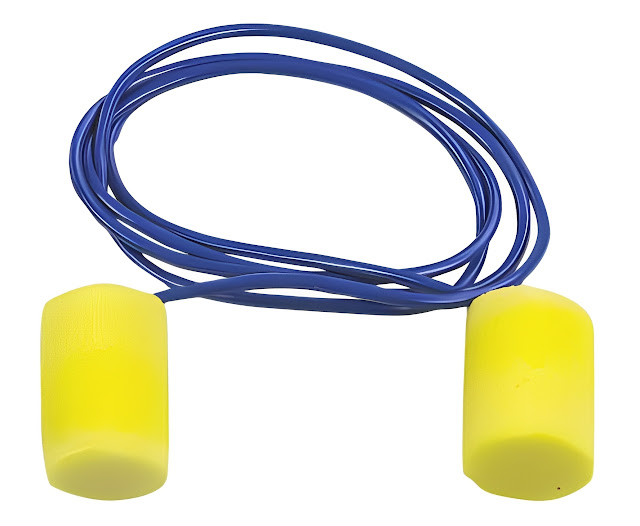Ear plugs are not just simple hearing accessories; they are crucial tools in safeguarding your auditory health in various noisy environments. Whether you're at a concert, on a construction site, or simply trying to block out snoring for a good night's sleep, ear plugs can significantly reduce noise exposure and prevent hearing damage. In this detailed guide, we explore the world of ear plugs, diving into their types, benefits, and essential features.
Understanding Ear Plugs: What Are They and How Do They Work?
Ear plugs are small devices inserted into the ear canal to provide protection against noise pollution. They work by creating a barrier that reduces the sound energy reaching the eardrum. Here's how they benefit you:
- Noise Reduction: They significantly lower the levels of harmful noise, preserving your hearing.
- Versatility: Suitable for both professional environments and personal use.
- Comfort: Made from a variety of materials to ensure comfort even with prolonged use.
Types of Ear Plugs and Their Specific Uses
When it comes to ear plugs, one size does not fit all. Different types cater to various needs:
- Foam Ear Plugs: The most common and inexpensive type, ideal for single-use.
- Silicone Ear Plugs: Washable and reusable, these mould to the shape of your ear canal.
- Flanged Ear Plugs: Preferred by musicians and concert-goers for their ability to reduce noise while preserving sound quality.
- Custom Moulded Ear Plugs: Made specifically for your ears, offering the highest level of comfort and noise protection.
How to Choose the Right Ear Plugs for Maximum Comfort and Efficiency
Selecting the right ear plugs is crucial for adequate ear protection. Consider the following factors:
- Noise Reduction Rating (NRR): Choose ear plugs with an NRR rating suitable for your environment.
- Material: Options include foam, silicone, and wax. Each has its advantages in comfort and noise attenuation.
- Application: Are you using them for sleeping, swimming, or working? Choose accordingly.
Ear Defenders vs. Ear Plugs: Making the Right Choice
While ear plugs are excellent for direct noise reduction in the ear canal, ear defenders cover the entire ear. Here’s how to decide between the two:
- Environment: Ear defenders are better suited for extremely loud environments like airports.
- Comfort: Some find defenders less invasive as they do not enter the ear canal.
- Usage Duration: For shorter periods, ear plugs might be more convenient; for longer durations, defenders can be less irritating.
Maintenance and Care: Keeping Your Ear Plugs Effective
Proper maintenance extends the life of your ear plugs and ensures they remain hygienic and practical:
- Cleaning: Regularly clean reusable ear plugs according to the manufacturer’s instructions.
- Storage: Store them in a clean, dry place to prevent contamination.
- Replacement: Replace disposable ear plugs after each use and reusable ones according to signs of wear or decreased effectiveness.
The Impact of Proper Ear Protection on Long-Term Hearing Health
Regular exposure to high decibel levels can lead to permanent hearing loss. By incorporating ear plugs into your daily routine, you can significantly mitigate this risk. Here are the long-term benefits:
- Prevention of Hearing Loss: Continuous use in noisy environments protects against chronic auditory damage.
- Enhanced Concentration: By blocking out background noise, ear plugs can increase focus, especially in loud workspaces.
- Stress Reduction: Lower noise levels can decrease stress and anxiety, promoting overall well-being.
Why Ear Protection Should Be a Priority
Hearing is a vital sense that allows us to communicate and perceive our surroundings. Protecting it with appropriate ear plugs or ear defenders is not just a safety measure but a health imperative. Here’s why:
- Irreversible Damage: Once damaged, auditory nerves cannot regenerate.
- Quality of Life: Good hearing contributes to a better quality of life and helps maintain cognitive functions as we age.
Conclusion
In conclusion, whether you call them ear plugs, ear defenders, or simply hearing accessories, these small devices carry a significant responsibility in protecting one of our most vital senses. Choosing the right type, maintaining them properly, and using them consistently can have a profound impact on your overall auditory health. Make hearing protection a priority, and ensure that every sound you hear today is as clear as it is tomorrow.



Post a Comment